
Vaccines are becoming a critical lifeline for Malaysia’s ageing population, as seniors are projected to outnumber children by 2050.
With the nation’s demographic shift straining healthcare resources, experts advocate for a lifelong immunisation strategy to protect adults from preventable diseases like influenza, pneumonia, and shingles.
Malaysia’s National Immunisation Programme (NIP), while robust for children, leaves gaps in adult coverage, prompting urgent calls for reform.
This push for expanded vaccination aligns with Malaysia’s need to reduce healthcare costs and enhance quality of life.
Vaccines for a lifelong strategy
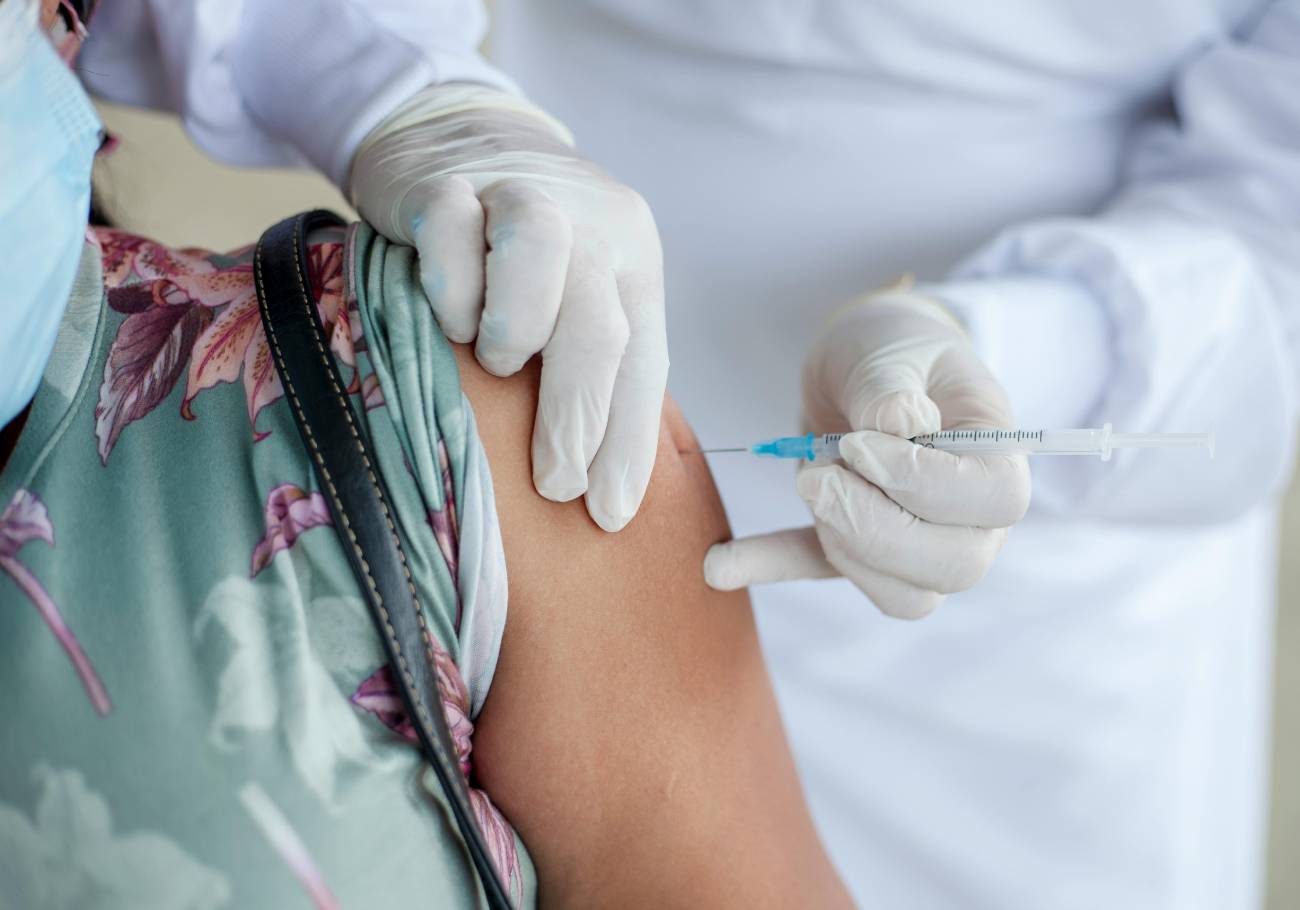
Malaysia’s NIP, launched in the 1950s, provides free vaccines against 13 childhood diseases, surpassing global standards.
However, seven additional vaccines, including those for influenza and HPV, remain fee-based at private facilities, limiting adult access.
This two-tier system leaves seniors vulnerable, with influenza alone costing RM3.3 billion annually in hospitalisations.
A modelling study highlights the impact of vaccines for seniors. A national influenza immunisation programme could prevent 66,000 cases and 3,000 hospitalisations yearly.
Flu shots cut hospitalisation risks by 54% for diabetics, while pneumococcal vaccines reduce pneumonia risk by 41% in lung disease patients and mortality by 22% in those with heart conditions.
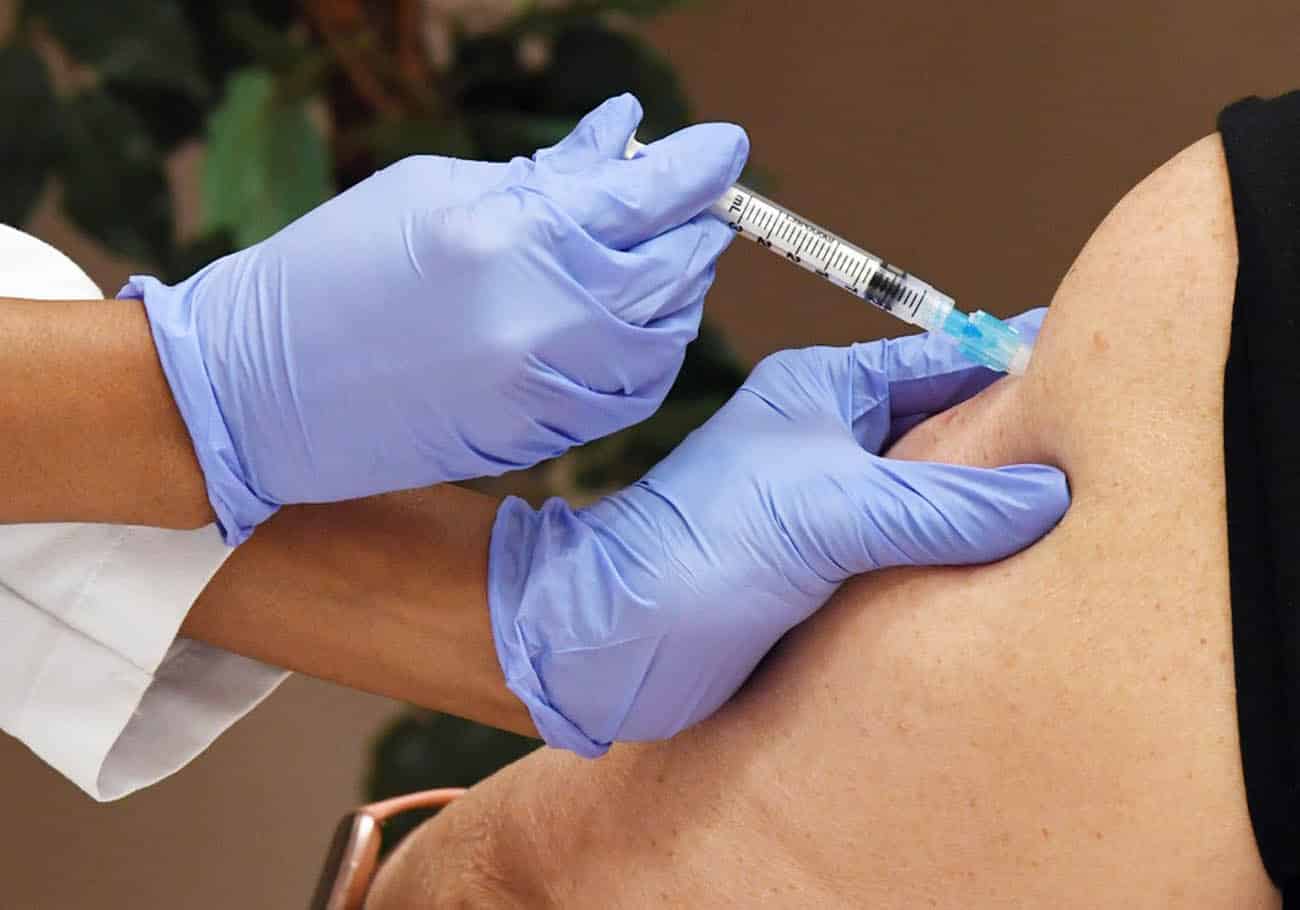
Despite these benefits, adult vaccination rates lag. Only 5% of seniors receive flu vaccines, though 47% of healthcare workers cite flu-related sick leave.
Policy gaps exclude adult vaccines from the NIP, and HPV coverage for girls is just 52%, trailing Indonesia’s 96%. Rural stockouts and urban time constraints further hinder access.
Vaccine hesitancy, fueled by myths about safety and halal compliance, persists. Misinformation on social media, including belief in “homeopathic vaccines,” compounds the issue.
Some healthcare providers, lacking training, fail to advocate effectively, occasionally spreading misinformation.
The long-tail “lifelong immunisation strategy Malaysia” aims to address these barriers, ensuring vaccines protect all ages.
Without action, elderly healthcare costs could reach RM21 billion by 2040, with hospital admissions nearly doubling those of younger groups.
Immunisation challenges and opportunities
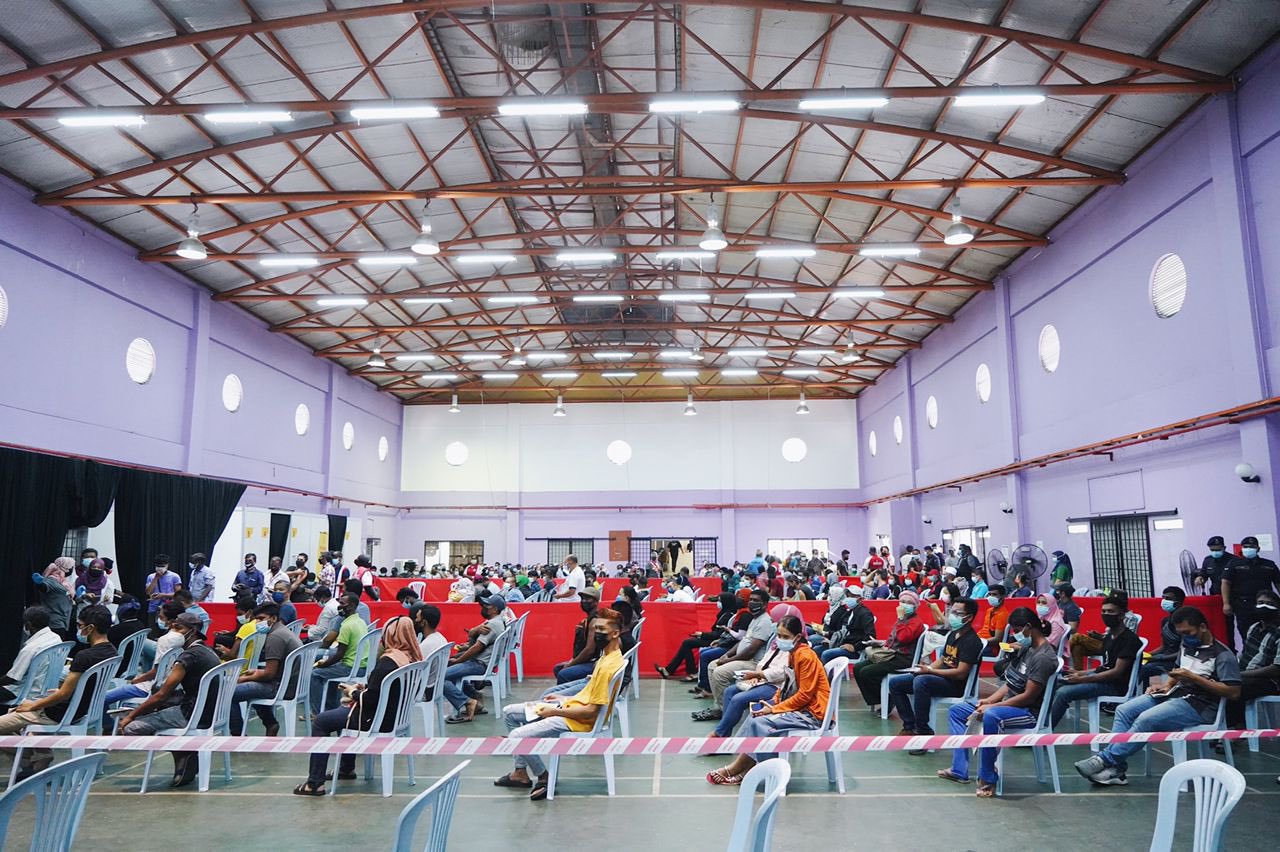
Malaysia’s ageing population, as noted in a 2024 UN report, demands proactive healthcare measures.
The COVID-19 pandemic exposed global immunisation gaps, with over 100 million adult vaccine doses missed in 2021-22.
Malaysia faces a shrinking workforce and tax base, challenging healthcare funding as elderly needs grow.
Cervical cancer, the third-leading cause of cancer deaths among Malaysian women, underscores the need for broader HPV vaccination, including for boys.
Free since 2010 for girls, expanding coverage could eliminate this disease. Community engagement, particularly in rural areas, is vital to boost uptake.
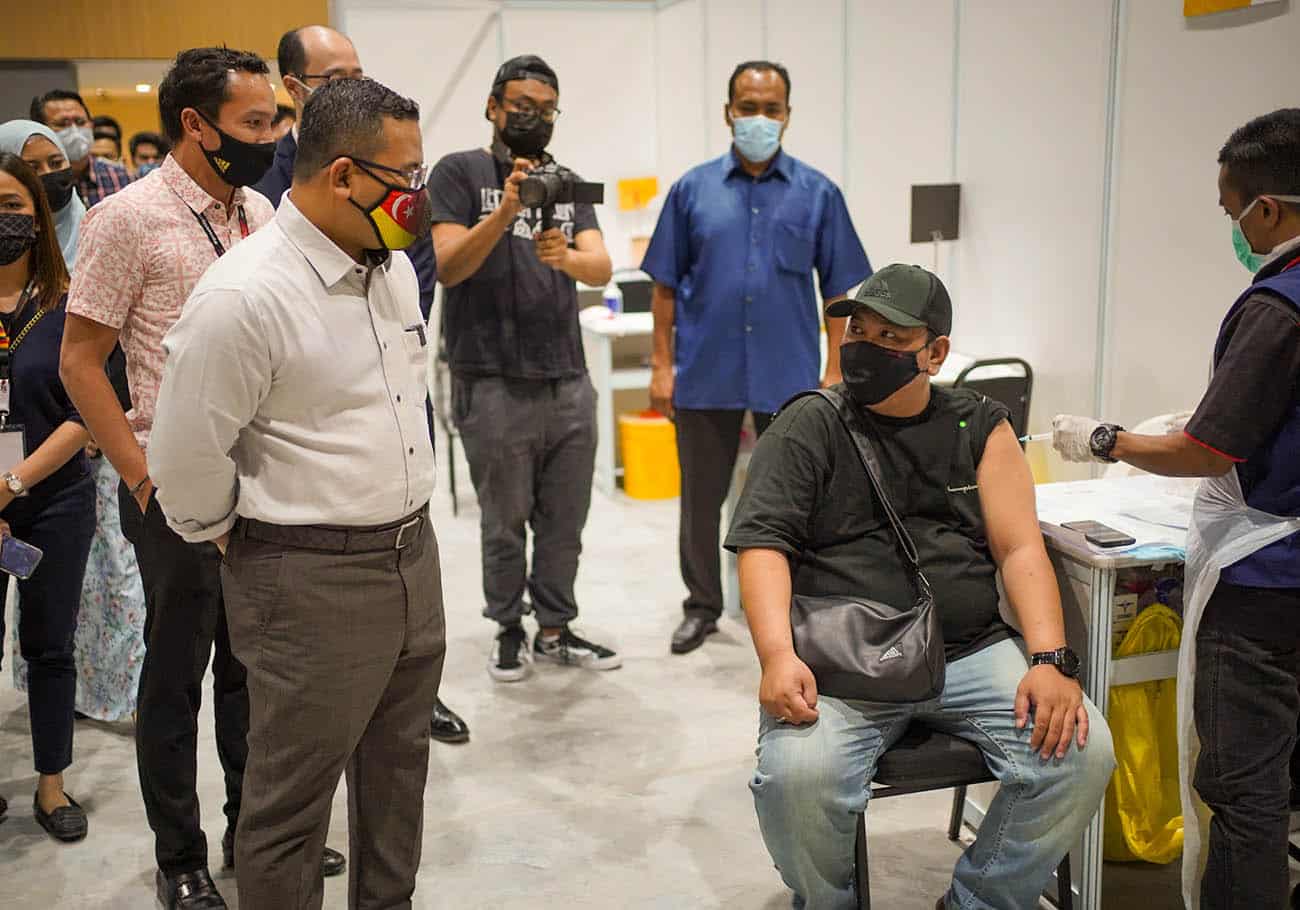
Malaysia’s healthcare system, supported by public-private partnerships, is well-positioned to implement reforms, leveraging its childhood immunisation success.
A proposed National Lifelong Vaccination Strategy includes universal access to key vaccines, funded by “sin taxes” or partnerships.
An electronic immunisation registry would track doses and send reminders, while public campaigns with religious leaders could counter misinformation and address halal concerns.
Malaysia must act swiftly to integrate adult vaccines into the NIP, ensuring equitable access. Visit health ministry resources for vaccination information.
Corporate incentives, like tax breaks for employee flu jabs, could save RM90.30 per worker annually in productivity.
By embracing vaccines as a lifelong shield, Malaysia can reduce healthcare burdens and enhance senior well-being.
Communities stand to gain from a healthier, more resilient population, ready to thrive in an ageing nation.
Dr Wong Chuan Loo is a Lecturer at the School of Biosciences, Faculty of Health and Medical Sciences, Taylor’s University.


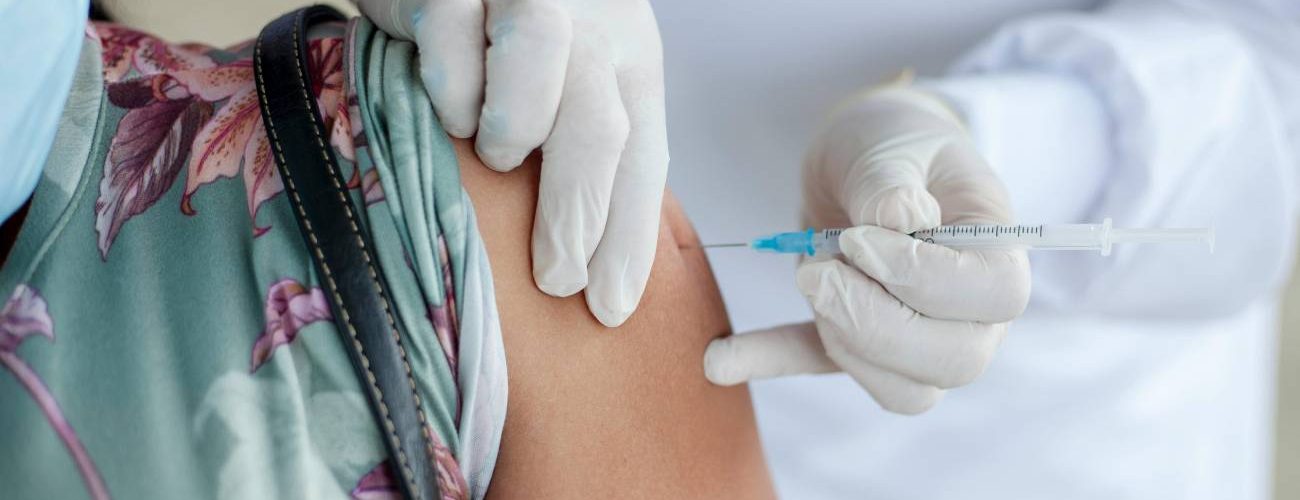









Add comment